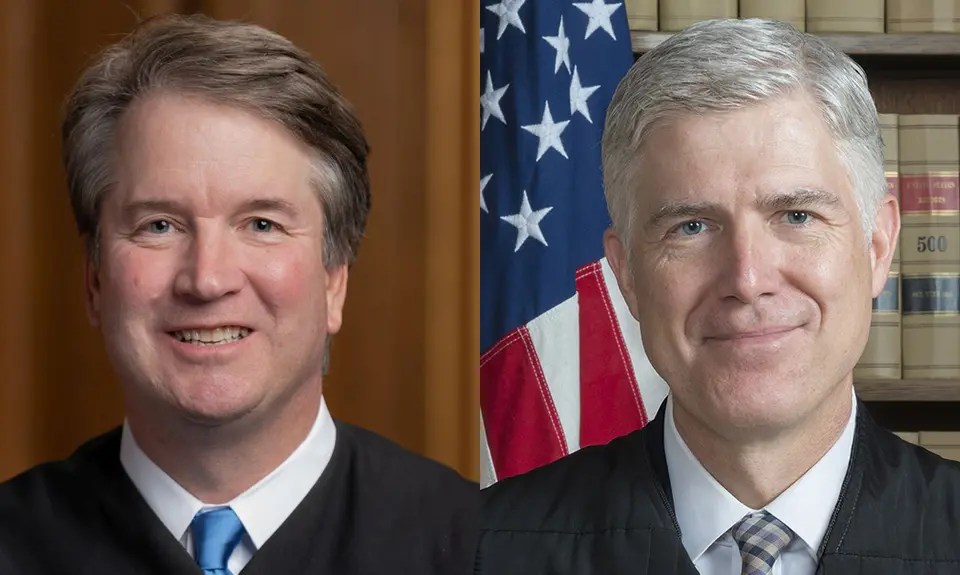“Confirmed Judges, Confirmed Fears” is a blog series documenting the harmful impact of President Trump’s judges on Americans’ rights and liberties. Cases in the series can be found by issue and by judge at this link.
On the night before the April 7 Wisconsin primary election, Trump justices Brett Kavanaugh and Neil Gorsuch cast deciding votes to reverse two lower courts and prevent tens of thousands of Wisconsin voters from casting absentee ballots made necessary by the COVID-19 epidemic. As Justice Ruth Bader Ginsburg explained in dissent for the four moderate justices, these voters will either have to “brave the polls, endangering their own and others’ safety,” or they will “lose their right to vote, through no fault of their own.” The case is Republican National Committee v. Democratic National Committee.
When Republican state legislators and state Supreme Court justices blocked action by Wisconsin Governor Tony Evers to postpone the April 7 state primary election due to the COVID-19 virus, more than a hundred thousand state voters requested mail-in ballots to avoid going to crowded polls just since April 2. The deadline for municipal clerks to receive such absentee ballots was extended to April 13. But because of the huge number of additional requests, at least “tens of thousands” of state voters will not get their absentee ballots until after election day. Because of this emergency, a federal district judge granted an injunction on April 2 ordering the extension of the deadline for people to mail absentee ballots to April 13 as well. The Seventh Circuit court of appeals upheld the order.
But on the night before the election, an unsigned 5-4 opinion including Trump justices Gorsuch and Kavanaugh reversed. They relied on the principle that in general, courts should hesitate to make election-related changes shortly before an election, and ruled that any ballot mailed after April 7, even if the voter did not get the ballot until after that date, cannot be counted.
Justice Ginsburg wrote a scathing dissent for herself and the other three moderate justices. The majority’s order, she wrote, “will result in massive disenfranchisement.” If a voter “already in line by the poll’s closing can still vote” after the polls have closed, she explained, that same principle should apply to “Wisconsin’s absentee voters, already in line to receive ballots” that they cannot receive by election day through no fault of their own. If there were concerns about the district court taking action last Tuesday, she went on, “this Court’s intervention today”-- the night before the election-- “is all the more inappropriate.” Ginsburg concluded by noting that the majority’s opinion harms “the constitutional rights of Wisconsin’s citizens, the integrity of the State’s election process, and in this most extraordinary time, the health of the Nation.”
As commentator Mark Joseph Stern has noted, there is a crucial state Supreme Court race at stake in the April 7 election, along with more than 3,800 state seats and the presidential primary. The Court’s 5-4 decision, Stern concluded, “approved one of the most brazen acts of voter suppression in modern history.”
